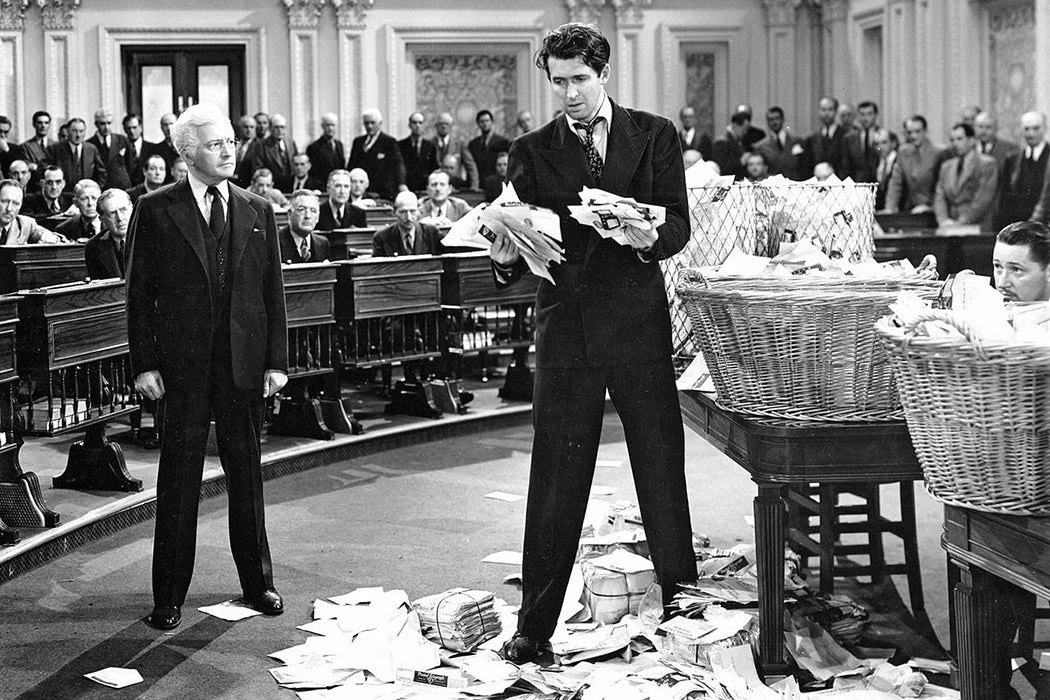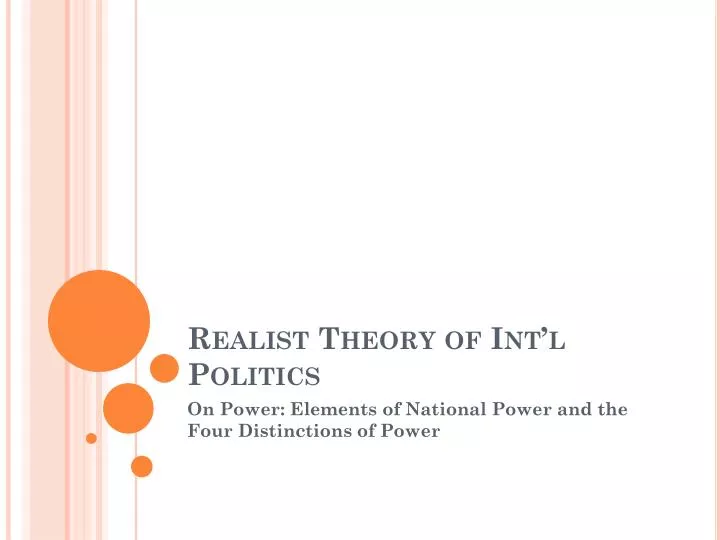Understanding Censure and Censorship in Politics: Meaning, Impact, and Practical Guidance
Introduction
Political systems worldwide employ various mechanisms to ensure accountability and maintain ethical standards among public officials. Two terms often encountered in discussions about political discipline and free speech are censure and censorship . While both relate to disapproval and control, they serve distinct purposes and have different implications. This article provides a comprehensive examination of what censure means in politics, how it differs from censorship, the processes involved, and the steps individuals and organizations can take when facing or witnessing these actions.
What Is Censure in Politics?
Censure in politics is a formal, public expression of disapproval directed at a member of a governmental body, such as a legislator, judge, or executive official, for actions that violate established norms or standards of conduct [1] . It is a tool used by legislative bodies to reprimand unethical or inappropriate behavior without resorting to more severe measures like expulsion or impeachment [5] . Although censure is not explicitly mentioned in the U.S. Constitution, both the House of Representatives and the Senate have developed procedures to implement it as an official resolution adopted by majority vote [5] .
Key Characteristics of Censure
- Formal and Public: The process is public, with the target typically required to listen to the censure resolution before their peers.
- No Removal from Office: Censure does not remove the individual from their position; they retain their title and voting rights [1] .
- No Legal Penalties: There are no direct legal consequences; the impact is primarily reputational.
- Stronger Than Reprimand, Weaker Than Expulsion: A reprimand can be private or written, while censure is a more severe public shaming but still does not reach the level of expulsion [3] .
Purpose and Implications
The primary purpose of censure is to uphold the integrity of the institution and demonstrate that certain behaviors are unacceptable. By formally condemning a member’s actions, legislative bodies aim to deter similar conduct and reassure the public of their commitment to ethical standards [3] . For example, in the United States Senate, censure has been used to reprimand members involved in conduct detrimental to the Senate or public trust [5] .

Source: wusa9.com
While censure does not carry legal penalties or remove officeholders, it can have significant political consequences, including loss of leadership roles, committee assignments, and long-term damage to reputation and influence [1] .
Historical Examples
One notable example is the 1954 censure of Senator Joseph McCarthy for conduct “contrary to senatorial traditions.” Though McCarthy remained in the Senate, his loss of credibility and support effectively ended his influence [3] .
What Does “Censored” Mean in Politics?
Censorship , and the term “censored,” refers to the suppression or prohibition of speech, communication, or information deemed objectionable, sensitive, or inconvenient by authorities, media, or other controlling bodies [4] . In political contexts, censorship is used to restrict access to information, limit public debate, or control narratives around controversial issues.
Forms and Mechanisms of Censorship
- Government Censorship: Laws or regulations that ban or restrict certain publications, broadcasts, or online content.
- Media Self-Censorship: News organizations may refrain from covering sensitive topics due to pressure, fear of repercussions, or editorial policy.
- Platform or Social Media Moderation: Online platforms may remove or restrict posts that violate community guidelines or local laws.
Political Implications of Being Censored
When a person or message is “censored” in politics, it typically means that certain information is being withheld from public view. This can affect public discourse, limit awareness of governmental actions, and, in some cases, undermine democratic processes. The consequences for individuals may include reduced ability to communicate with constituents, loss of public support, or legal challenges, depending on the nature and scope of the censorship.
Distinguishing Censure from Censorship
It is important to note the distinction:
- Censure is a formal public reprimand for personal conduct, with no legal penalties but significant reputational impact.
- Censorship is the restriction or suppression of information, often affecting the broader public’s access to knowledge and debate [4] .
Practical Steps for Navigating Censure
If you are facing or witnessing a censure process in a political context, consider the following steps:
- Understand the Rules: Each legislative body has specific procedures for censure. Review the official rules of the relevant body. For federal matters in the U.S., consult the official Congressional or Senate website for the most current guidance.
- Seek Legal or Professional Advice: If you are the subject of censure, consult with a legal or ethics advisor familiar with the institution’s rules and precedents. They can help you prepare a response or defense.
- Prepare Public Statements: Since censure is public, consider preparing a statement to address the accusations, explain your position, or apologize if warranted. This can help manage public and media perception.
- Monitor Repercussions: Track any changes to your committee assignments, leadership roles, or other responsibilities post-censure. Prepare to adapt your strategies accordingly.
- Document Everything: Keep thorough records of proceedings, communications, and any actions taken, in case further legal or administrative proceedings arise.
Practical Steps for Responding to Censorship
If you believe you have been censored in a political context, these steps may help:
- Clarify the Reason: Determine whether the censorship is due to a violation of platform rules, government regulation, or another authority’s policy.
- Appeal the Decision: Many media outlets, social platforms, and regulatory bodies offer formal appeals processes. Check the official website or contact the service provider for details on how to submit an appeal.
- Seek Legal Counsel: If you believe your rights have been violated, especially concerning free speech or press freedom, consult with a legal expert specializing in constitutional or media law.
- Engage with Advocacy Organizations: Groups such as the American Civil Liberties Union (ACLU) or Reporters Committee for Freedom of the Press may provide guidance or support for cases involving political censorship. Search for these organizations directly using their names to find their official contact information.
- Raise Public Awareness: If appropriate and safe, consider publicizing your case through reputable media channels or official statements to draw attention to the issue.
Challenges and Solutions
Both censure and censorship present challenges. For those censured, reputational recovery may be difficult, especially in an age of digital records and viral news. Engaging openly with constituents, demonstrating accountability, and focusing on positive policy initiatives can help rebuild trust over time.
Censorship, especially when politically motivated, can be harder to combat. Legal remedies may be slow or limited, and public discourse may be affected. Proactive documentation, coalition-building with advocacy groups, and transparent communication with audiences are essential strategies.
Alternative Approaches and Additional Resources
When formal censure or censorship seems imminent or has occurred, alternative pathways may include:

Source: wusa9.com
- Mediation: Seeking informal resolution or clarification with the accusing body before formal action is taken.
- Ethics Training: Participating in ethics or compliance training to demonstrate commitment to standards and potentially mitigate consequences.
- Grassroots Mobilization: Engaging supporters to advocate for fair treatment or policy change regarding censorship or disciplinary procedures.
For further information, you can:
- Consult your legislative body’s official website for detailed rules on censure procedures.
- Search for “First Amendment legal aid” or the name of advocacy groups like the ACLU for guidance on censorship issues.
- Review academic or government publications on legislative discipline and press freedom for broader context.
Key Takeaways
Censure and censorship are distinct but important concepts in political life. Censure is a formal, public reprimand with reputational consequences, while censorship involves the suppression of information and can affect both individuals and the public. Understanding the processes, implications, and available responses is vital for anyone involved in or observing political discourse and discipline.
References
- [1] Wikipedia (2024). Censure in the United States – Definition, history, and process.
- [2] CountyOffice.org (2025). What Does Censure Mean In Government? – Video explanation and examples.
- [3] Study.com (2024). Censure in Politics – Meaning, purpose, and notable cases.
- [4] Wikipedia (2024). Censure – General overview of censure and censorship in politics.
- [5] U.S. Senate (2024). About Censure – Definitions, procedures, and history.


